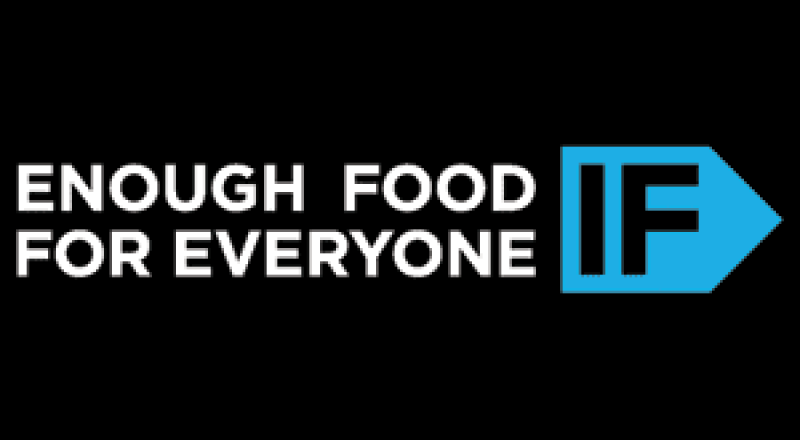
The IF Campaign began with one simple premise: the world produces enough food for everyone and everyone will have enough food to eat if a number of key issues are addressed, including ending tax avoidance by multinational companies.
IF was a temporary alliance of more than 200 UK charities designed to lobby the government on global poverty as it prepared to host the G8 this year. Like its predecessor, Make Poverty History, IF was wound up within a year, but it was influential in placing tax and transparency at the heart of the G8 agenda.
Rachel Baird of Christian Aid, one of the charities behind IF, says the campaign had two major victories on tax. Firstly, the government has decided to create a public register of the beneficial owners of UK companies and it is now encouraging other governments to do the same. The UK’s Overseas Territories have also started to implement the existing OECD convention on tax information sharing. Some, including the British Virgin Islands, are also consulting on the creation of registers of beneficial owners.
“Getting governments to make promises is only the start of reform projects,” says Baird. “Campaigners have to keep the pressure up, to ensure that promises are kept and implemented effectively. And in relation to tax and transparency, there are hugely powerful interests working to defend the status quo. Linked to this, the devil is in the detail, for instance, the effectiveness of the UK and other registers of beneficial ownership will depend on exactly how they are implemented and what they include. So despite the successes of 2013, a huge amount of work remains for tax and transparency campaigners.”
The IF Campaign may have ended, but its work against poverty will continue through its constituent organisations and its influence in getting the G8 to take tax avoidance seriously will continue to be felt for years to come.
“2013 presented UK-based campaigners with a major opportunity to influence the world, because the UK government had the presidency of the G8,” says Baird. “That said, campaigners will have to work for many years on ensuring that some of the breakthroughs of 2013 lead to improvements in the lives of real people. This year may be seen as the year in which real changes in the international financial system began - changes that improved the lives for those living in poverty around the world - but that will only happen with several years’ more hard work.”
Further reading |
Enough Food for Everyone IF we end tax avoidance Tax: Law and morality - which way now? IF campaign reaches out to businesses to tackle tax avoidance |
The Global Tax 50 2013 |
||
|---|---|---|
Margaret Hodge |
Antony Jenkins |
|









